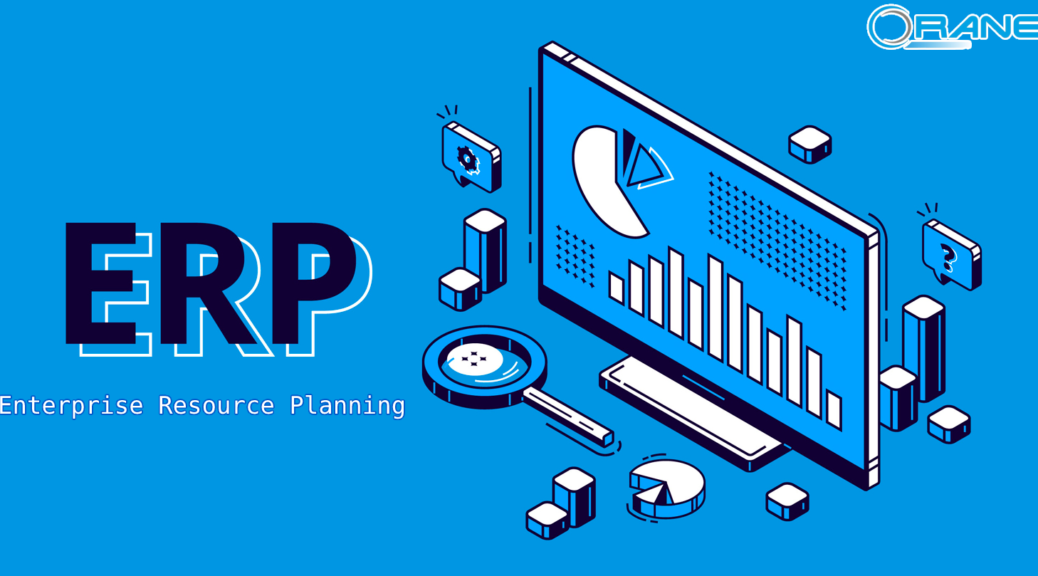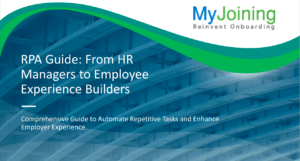In this modern time, where online businesses are proliferating and companies are expanding day by day, it becomes quite strenuous for organizations to manage their day-to-day business activities, and that’s where SAP ERP comes into place. helps businesses centralize their data, increase work efficiency, and reduce workload.
In this article, we’re going to walk you through a comprehensive guide on SAP ERP, the top 5 benefits of integrating it into your business model, and why SAP ERP is essential for every business. But, before going ahead, let me walk you through a brief introduction to SAP and ERP.
What are SAP and ERP?
Successful ERP Implementation : Key Factors
The acronym for SAP is Systems, Applications, and Products in Data Processing. SAP is one of the largest software companies in Germany by revenue and the world’s largest vendor of enterprise resource planning (ERP) software. There are several components of ERP software, and each component helps reduce manpower, centralize the organization’s data in one place, generate real-time reports, and various other benefits that we’re going to talk about in a while.
When do we need an ERP Business Solution?
It is proven that ERP helps businesses grow faster by centralizing their data, but it also costs a lot. It is essential for organizations to know when they’re ready for an ERP solution.
We’ll talk about some trends that suggest when it’s time for a business to implement ERP software into their business.
1: Growing phase
Your organization is growing, has grown, or is planning to grow significantly.
2: Facing Operational Issues
As your organization is growing, you start facing operational issues and are unable to manage processes.
3: Acquisitions or mergers
You have multiple branches and the parent organization wants to streamline and centralize all the business resources and data in one place.
4: Cash Flow
You’re earning well but are unable to manage cash records and invoices.
ERP Advantages
Below are some of the key benefits of implementing ERP in your business.
1. Better Customer Service
“Make your product easier to buy than your competition, or you will find your customers buying from them, not you.” – Mark Cuban
Good customer service is the central pillar for any organization to retain its existing customers and get new leads as well. Better customer service directly increases brand loyalty and sales.
Also Read: Everything to know about Orane’s Digital Signature
Implementing ERP helps businesses to deliver goods to customers faster, improve on-time delivery, improve order accuracy, improve productivity, and implement inventory control.
2. Boost Cash Flow
Managing cash flow effectively is critical to any successful business. However, most companies have been able to grow using manual systems. But, implementing ERP becomes essential to growing the business rapidly. Many organizations manage cash flow with multiple systems and multiple databases that directly impact their ability to:
- Access accurate reports to manage billing and inventory processes
- Centralize your cash flow data
- Sell effectively to your customers
- And poor working capital visibility.
3. Improve Inventory Cost
ERP systems are specifically designed to assist businesses in managing all business operations from a single interface, with inventory cost management being a major consideration. An ERP system provides a clear overview of records and data, as well as how they are linked to other business functions, allowing businesses to reduce inventory holding costs. Below are some of the reasons why an ERP system can streamline inventory cost management:
- Reducing excess inventory
- Avoiding dead stock
- System cost savings
- Warehousing efficiency
- Customer service level improvement
- Supply chain transparency
- Enable business expansion
4. Business Reporting
ERP helps companies track the stages of the manufacturing process, monitoring the raw materials with real-time information. This allows companies to make better decisions toward an effective production line and provide an in-depth and accurate financial report.5. Business Process Improvements
5. Business Process Improvement
Automation is the biggest factor in the success of ERP. When it comes to business processes, ERP helps companies automate various business tasks and processes while increasing efficiency. Here are some critical business performance factors that can be boosted by implementing ERP software.
1: Human Capital Management
2: Planning & Scheduling
3: Inventory Management
4: Integrated Customer Relationship Management
5: Simplified Reporting
ERP system plays an important role in every business’s growth. However, implementing ERP for the first time could be daunting for many businesses. Because of this, Orane Consulting offers smooth ERP implementation to help businesses implement, and start generating results efficiently. Moreover, these five benefits of ERP outlined above are just the major ones, there are countless other benefits that a business will experience by implementing an ERP solution.





